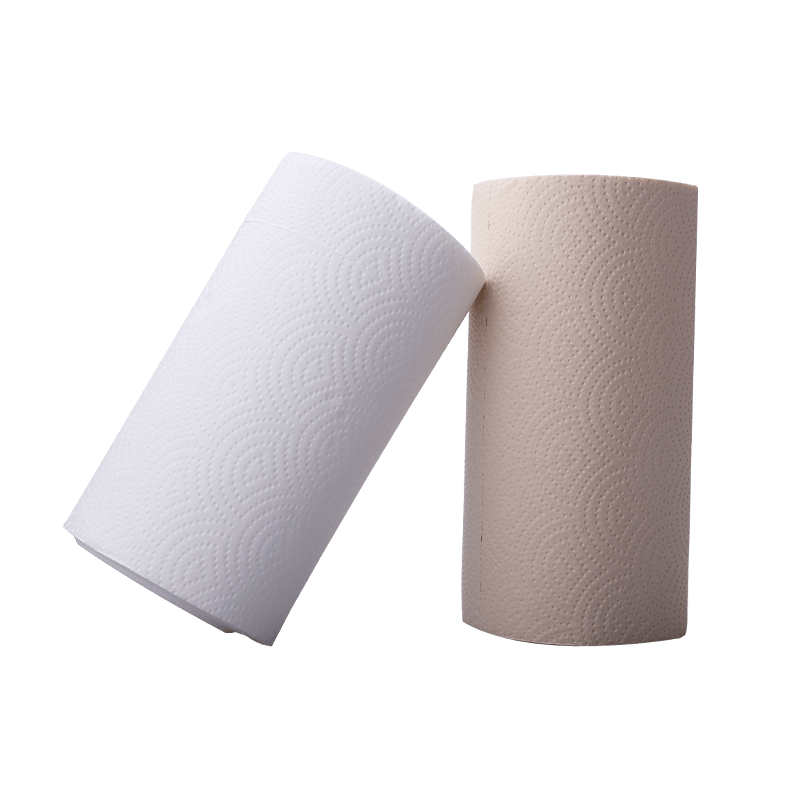Why Use Reusable Bamboo Kitchen Towels
As environmental awareness continues to grow, many households are making conscious efforts to reduce waste and embrace eco-friendly alternatives. One impactful change is switching from disposable paper towels to reusable bamboo kitchen towels. The bamboo kitchen paper offers a sustainable, cost-effective, and highly functional solution for everyday kitchen cleanup.
What are Reusable Bamboo Kitchen Towels
Reusable bamboo kitchen towels are an environmentally friendly alternative to disposable paper towels. Made from bamboo fibers, these towels combine sustainability with high performance, offering a reusable, durable, and highly absorbent solution for everyday kitchen cleaning.
Unlike traditional paper towels that are used once and discarded, bamboo kitchen towels are designed to be rinsed, dried, and reused multiple times. A single roll can often replace dozens of paper towel rolls, helping reduce household waste and long-term costs.
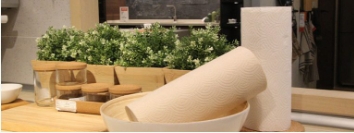
Why Bamboo?
Bamboo is a fast-growing, renewable resource that requires no pesticides and very little water to thrive. When processed into fabric, bamboo becomes soft yet strong—ideal for wiping surfaces, soaking up spills, drying hands, and even scrubbing dishes.
Its natural antibacterial properties and biodegradability also make it a smart choice for those looking to make more eco-conscious decisions in the kitchen.
How They Work
Reusable bamboo kitchen towels usually come in a roll, much like standard paper towels. But instead of tossing them after one use, you can wash them by hand or in a machine and use them again. Many varieties are designed to last through 50 to 100 uses per sheet, depending on the brand and how they are cared for.
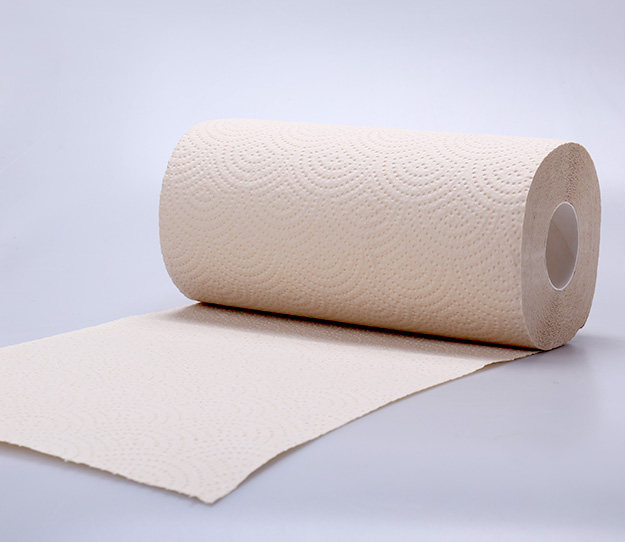
Key Benefits of Using Reusable Bamboo Kitchen Towels
- Eco-Friendly: Reusable bamboo towels significantly cut down on single-use paper waste. By choosing a reusable option, you reduce deforestation and lower your carbon footprint.
- Cost-Effective: Though the initial cost of bamboo towels may be higher than paper towels, their durability allows them to be reused up to 100 times or more per sheet, translating into significant long-term savings.
- Highly Absorbent and Durable: Bamboo fibers are naturally absorbent and strong, even when wet. These towels can handle spills, scrubbing, and wiping tasks without tearing or disintegrating like paper towels.
- Versatile Applications: Reusable bamboo towels are suitable for a wide range of tasks: cleaning countertops, drying dishes, wiping appliances, dusting furniture, or even cleaning windows and mirrors.
- Easy Maintenance: After use, bamboo towels can be hand-washed or machine-washed (depending on the brand) and air-dried for reuse. This makes them a convenient option for busy households seeking sustainability without sacrificing convenience.
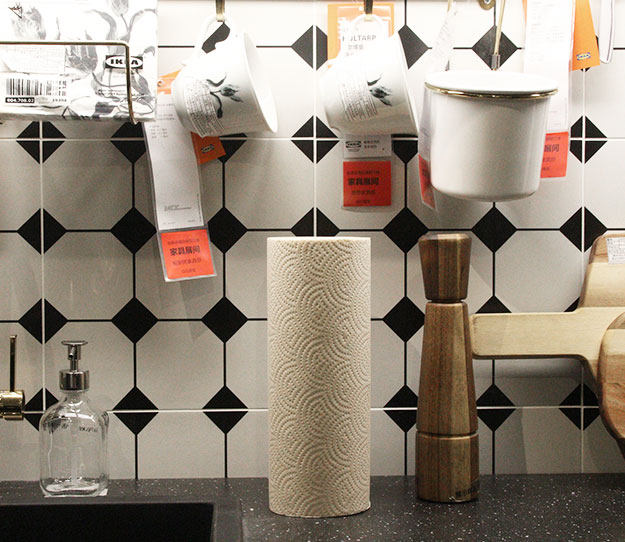
Environmental Impact of Using Reusable Bamboo Kitchen Towels
1. Reduced Deforestation
Traditional paper towels are made from trees, contributing to deforestation and habitat loss. Bamboo, on the other hand, is a grass that grows rapidly—some species can grow over three feet per day—and does not require replanting after harvesting. This rapid regeneration makes bamboo a far more sustainable alternative.
2. Lower Carbon Footprint
The production of bamboo kitchen towels generally requires less water and fewer chemical treatments compared to conventional paper products. Bamboo cultivation absorbs large amounts of carbon dioxide and releases 35% more oxygen into the atmosphere than similar-sized tree plantations. As a result, using bamboo-based products can contribute to lower greenhouse gas emissions.
3. Waste Reduction
One roll of reusable bamboo kitchen towels can replace dozens of traditional paper towel rolls. Because each towel can be washed and reused many times, households significantly reduce the volume of waste sent to landfills. This is particularly important given that used paper towels are often not recyclable due to contamination from food and liquids.
4. Biodegradability
At the end of their life, bamboo towels decompose more naturally than synthetic cloths or chemically treated paper products. They return to the earth without leaving behind microplastics or harmful residues, which supports a healthier waste cycle.
5. Minimal Use of Chemicals and Pesticides
Bamboo can grow without pesticides or herbicides, unlike many other crops. This not only benefits the environment but also protects ecosystems and water sources from chemical runoff.
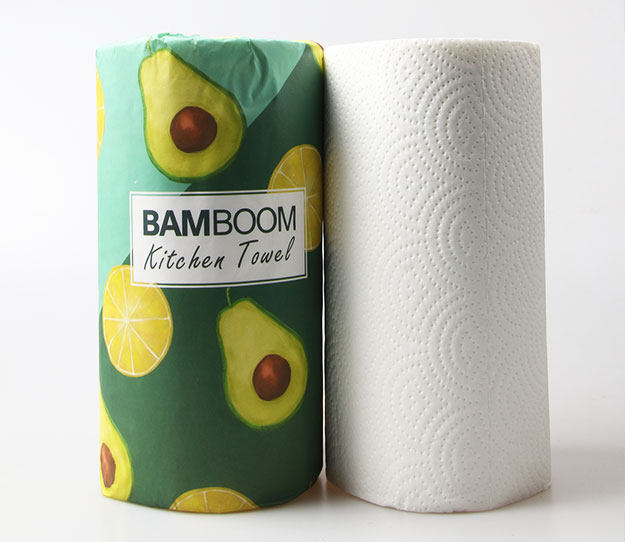
How to Use and Maintain Reusable Bamboo Kitchen Towels
Reusable bamboo kitchen towels are designed to make everyday cleaning more sustainable without sacrificing convenience. To get the most out of them, it’s important to understand how to properly use and care for each sheet.
1. Using Reusable Bamboo Towels
Using bamboo towels is as simple as using paper towels—but with longer-lasting results:
- Tear off a sheet from the roll, just as you would a regular paper towel.
- Wipe surfaces, clean spills, or dry dishes: bamboo towels are tough enough for heavy-duty jobs and gentle enough for glass or hands.
- After use, rinse the towel under warm water to remove dirt or food particles.
- For deeper cleaning, use soap if the towel is heavily soiled.
2. Washing and Reusing Bamboo Towels
One of the biggest advantages of bamboo towels is that they can be washed and reused multiple times. Here’s how to properly clean them:
Hand Wash (For Quick Care)
- Wash the towel by hand in warm water using mild soap.
- Gently rub to remove stains or dirt, then rinse thoroughly.
- Hang to dry naturally.
Machine Wash (For Larger Loads)
- Bamboo towels are typically machine-washable, but check the care instructions first.
- Wash on a gentle cycle using cold or warm water. Avoid hot water to prevent shrinking or damage.
- Do not use bleach or fabric softeners, as these can weaken the fibers over time.
Drying
- Air Drying is recommended to extend the life of the towels. Hang them up to dry in a well-ventilated area.
- Avoid Tumble Drying as excessive heat can cause shrinkage and wear on the fabric.
3. Storage Tips
- Store in a Dry, Cool Place: Keep your towels in a dry, well-ventilated area to prevent mold or mildew buildup.
- Fold After Drying: Once the towels are dry, fold them neatly and store them where they are easily accessible for everyday use.
4. Lifespan and Repurposing
- Bamboo kitchen towels are durable and can be used up to 100 times, depending on usage and care.
- When the towels start to wear out, you can repurpose them as rags for heavy-duty cleaning or compost them if they are made of 100% bamboo fiber.
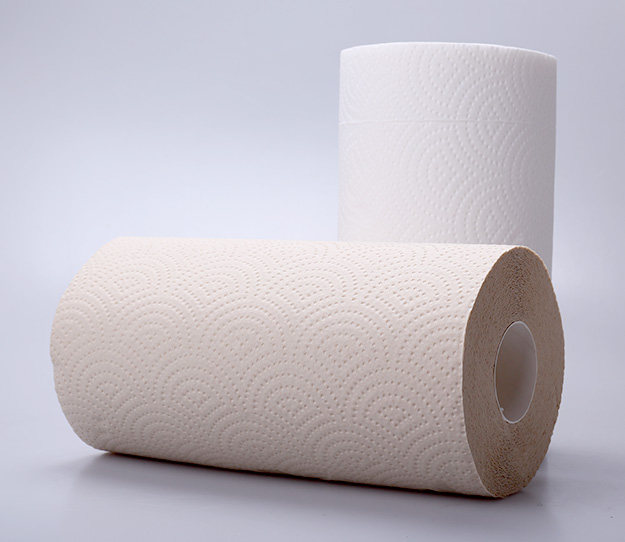
Key Factors to Consider for Choosing the Right Reusable Bamboo Kitchen Towels
This chart provides a quick overview to help consumers make informed decisions when selecting the best reusable bamboo kitchen towels for their needs.
| Factor | Consideration | Why It Matters |
| Absorbency | Look for towels with high absorbency ratings. | High absorbency ensures better performance for cleaning spills and drying. |
| Durability | Check for towels rated for multiple uses (50–100 times per sheet). | Durability means longer-lasting towels, reducing the need for frequent replacements. |
| Size of the Towel | Consider whether the towels are large enough for your tasks (e.g., wiping countertops, drying dishes). | Larger towels offer more versatility for different cleaning needs. |
| Softness | Choose towels with a soft texture, especially if you’re using them on delicate surfaces like glass or hands. | Softness helps avoid scratching delicate items while still providing cleaning power. |
| Washability | Ensure the towels are machine washable and easy to care for. | Ease of maintenance makes the towels more convenient for everyday use. |
| Design and Aesthetic | Some towels come with attractive designs or colors. | Choose towels that match your kitchen’s style and aesthetic preferences. |
| Price vs. Longevity | Compare the price against the number of uses each towel can handle. | A higher upfront price may be worth it if the towels last significantly longer. |
| Environmental Impact | Look for bamboo towels made with eco-friendly dyes and chemicals. | Eco-friendly production ensures a greener choice in both product and disposal. |
| Odor Resistance | Bamboo naturally resists odors, but check if the towels are specifically designed with antimicrobial properties. | Odor resistance ensures your towels remain fresh and hygienic even after multiple uses. |
| Packaging | Choose towels with minimal or eco-friendly packaging. | Sustainable packaging further reduces your environmental footprint. |
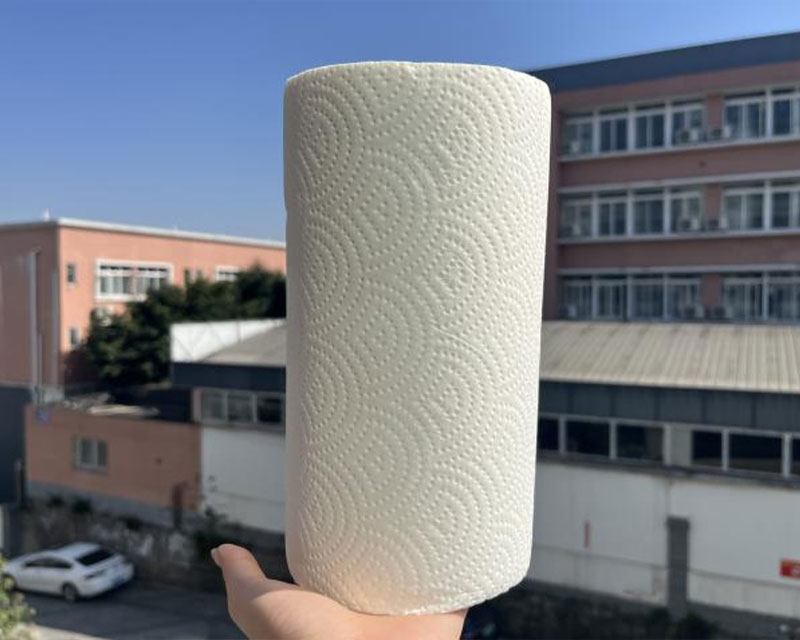
Final Words
Reusable bamboo kitchen towels offer a sustainable, cost-effective alternative to disposable paper towels. Through following simple usage and maintenance tips, you can extend the life of your kitchen paper towels, keep them in good condition, and reduce your overall environmental impact.

